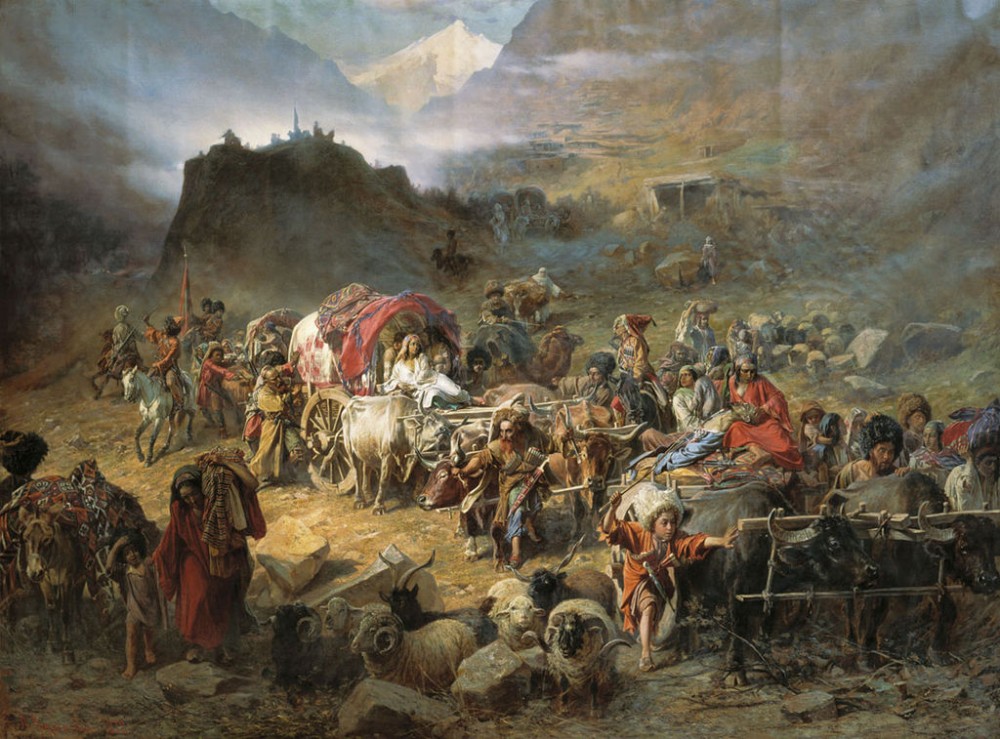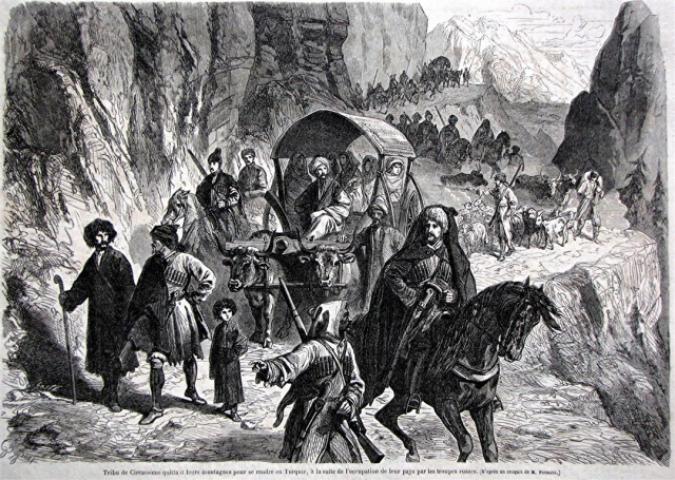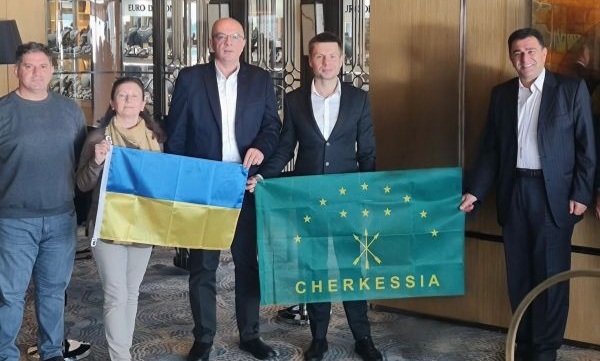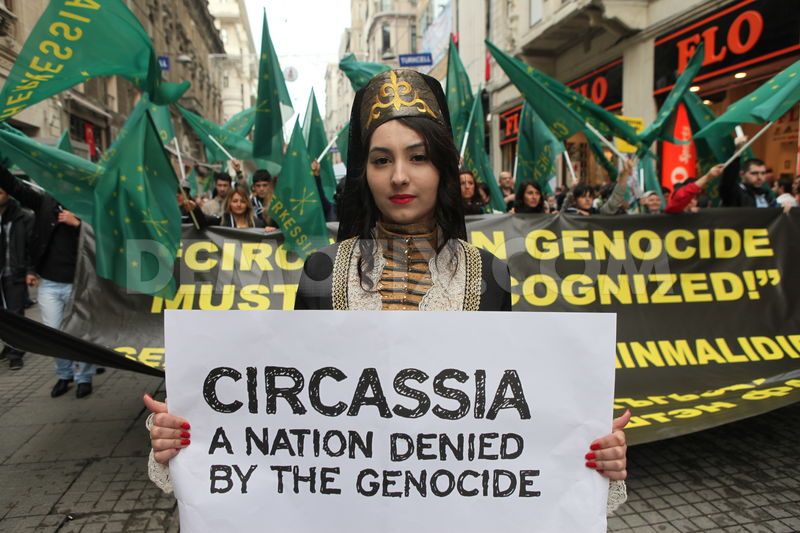Today, more than 150 years after the end of the Russo-Circassian War (1763-1864) ended, and despite all the twists and turns of Russian policy, there are almost exactly the same number of Russian troops in the North Caucasus as there were at the peak of the war there in the nineteenth century, Aslan Beshto says.

The president of the Kabardin Congress says that such a presence raises serious questions about just how much Moscow has achieved in the region over the last two hundred years and suggests that opposition to the center remains far higher than Moscow fears or many in the region believe.
In the course of an interview taken by Sergey Zharkov of the Prague-based Caucasus Times, Beshto makes five other critical points:
- First, he says, the land issue has become the trigger for ethnic conflicts in Kabardino-Balkaria because the powers there unlike elsewhere in the North Caucasus have frozen privatization of land for 49 years. As a result, people can’t simply buy, sell or rent land as their economic situation allow but must continue to work with the authorities for any shift in control.
- Second, Circassian young people are becoming increasingly focused on ethnic issues and increasingly impatient with their elders. They are demanding that the community take action to address its needs rather than avoid conflicts as the older part of the nation seems to prefer, Beshto says.
- Third, remarkably “on its own, the Russian powers have stopped trying to promote all-Russian culture in the North Caucasus.” According to him, there is only one institution of that kind in the region, the Kislovodsk Philharmonic. Instead, Moscow is increasingly relying on force, ruling the region like a colony.
- Fourth, like many peoples in the Middle East, Circassians have been turning to radical forms of Islam in response to Western globalism. The Russians have countered with the idea of traditional Islam. But in fact, there is no such thing as traditional Islam as far as genuine Muslims are concerned, and the Russian effort has failed.
- And fifth, one can speak of a Circassian “renaissance” among the young Circassians in the homeland but not about one in the diaspora. But “sooner or later,” the same ethnocentric trends which are animating the young in the North Caucasus “will cross the border into the diaspora.”
Read More:
- Circassians and their fate: introduction into history of nation expelled by Russian Empire from Caucasus
- Historical falsification latest stage in Russia’s ethnocide of Circassians, Khakuasheva says
- Marking Day of the Circassian Flag online – a national action the pandemic couldn’t stop
- Russia’s act of genocide against Circassians lasted more than 150 years, Chukhua says





